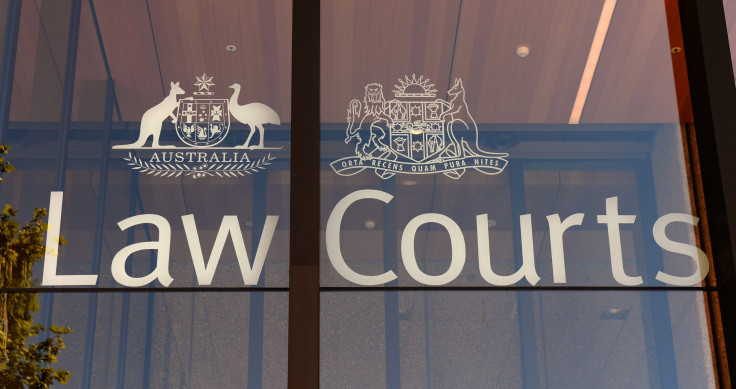Australian Court Declares Unsent Text A Valid Will, Rejects Wife's Inheritance Claim

A Supreme Court in Brisbane, Australia, ruled that an unsent text typed by a 55-year-old man, shortly before he took his own life, will be treated as his will.
As a result of the decision, the man’s brother and nephew became the legal owners of the deceased’s inheritance, leaving his wife and son with no right to his savings or assets.
The man addressed the phone text to his brother but never sent it before he died in October 2016. It read: "You and [nephew] keep all that I have house and superannuation, put my ashes in the back garden … [wife] will take her stuff only she's ok gone back to her ex AGAIN I'm beaten. A bit of cash behind TV and a bit in the bank Cash card pin … My will"
The text further went on to mention the man’s banking details and the fact that he wanted his ashes to be buried at a specific site, after his body was cremated.
Since the text was never sent and no one was aware of its existence until a friend of the deceased discovered it on his phone, the man’s wife argued in court that she be given the right to manage her late husband’s estate. She claimed that the text message was not valid as it was never actually sent.

According to the Australian government website Victoria Legal Aid, for someone’s will to be valid, one is required to sign it in the presence of two witnesses. The witnesses too are required to sign the will in the presence of the will-maker. In addition to that, the will-maker is also required to have “testamentary capacity,” which means that he/she is not suffering from a “disorder of the mind or sane delusion.”
However, according to Christine Smyth, Queensland Law Society president and succession law specialist, the law was modified in 2006 to allow for less formal types of documents to be accepted as wills.
Hence, although the will, in this case, did not follow the conventional rules required for such a document to be declared valid, the Supreme Court judge presiding over the case made an exception because of the words "my will," written in the text as well detailed references to his superannuation and property, all of which he said indicated that the man knew well what he was doing.
"The reference to his house and superannuation and his specification that the applicant was to take her own things indicates he was aware of the nature and extent of his estate, which was relatively small," Justice Susan Brown said, ABC News reported. "Since the respondents stand to benefit if the text message is treated as a will, I have treated their evidence with caution and weighed it against all of the evidence."
Another factor that worked against the wife’s favor was the fact that she shared a "rocky" relationship with the deceased, leading up to his death and her son did not have much of a relationship with the deceased either. “The deceased and the applicant had difficulties in their relationship and had separated on a number of occasions for short periods of time, the most recent occasion being just days before the deceased took his own life," Justice Brown said.
© Copyright IBTimes 2024. All rights reserved.












